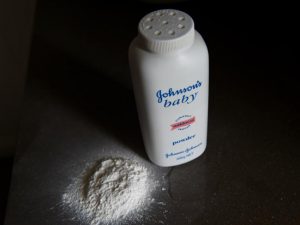In the past, most corporations existed for the sole purpose of making a profit. Fast-forward 20 years and that purpose has changed immensely. With the introduction and the major shift of focus on CSR (corporate social responsibility), now consumers not only “expect businesses to go beyond a “do no harm” philosophy but to also “make a difference”” (Craig Ryan, BDC). CSR is an argument that really interests me and in contrast to my last blog post “J&J’s Failure to Uphold CSR”, Tentree is a strong example of one company that successfully makes a profit while doing more than just upholding CSR.
Kalen Emsley and David Luba, entrepeneurs from Regina, Saskatchewan, created a business that incorporates the incentive of making a serious global impact into trendy lifestyle apparel. For every piece of clothing sold, the company will plant ten trees. Some may argue that this is just a marketing gimmick but Tentree is an environmental advocate that both proudly and openly works with multiple non-profit tree planting organizations. As if we need any more proof that this company is truly dedicated to making a global change, they also only work with manufacturers who use solar panels to generate the energy used to make the clothing.

“Di Fruscia, Patrick. Tentree. 2016. Canada.”
In Janelle Ho’s blog post about Tentree, she makes an impressive thought-provoking statement- “… in reality every tree planted will likely outlive the products initially purchased.” This statement was eye opening because we as consumers sometimes forget that unlike certain fashion trends, sustainability and the ability to make an impact will never go out of style. Janelle also talks about how we should commend the levels of effort Tentree inputs to ensure there are no corners being cut and I could not say it better myself. Following Tentree’s public blog, I have noticed the copious amount of time and effort they put into providing knowledge of the benefits of reforestation. They post every step of their journey and on their official website they even offer an interactive map of who has planted tress and where they were recently planted (a pretty cool feature!). While checking out this map a question did however pop into my head- “how do they decide where to plant these trees?” A click-away I found out that the decision of where to plant trees comes from another partnered non-profit organization that identifies what regions will benefit most from the planting (unbelievable!).
Tentree really does go a step above and beyond with their efforts and this idea of allowing customers to gain more than just a materialistic value from a product is absolutely brilliant. Tentree’s concept not only contributes to one of the world’s major environmental problems but it also raises general awareness to said problems, which is ultimately their mission.
WC: 450


